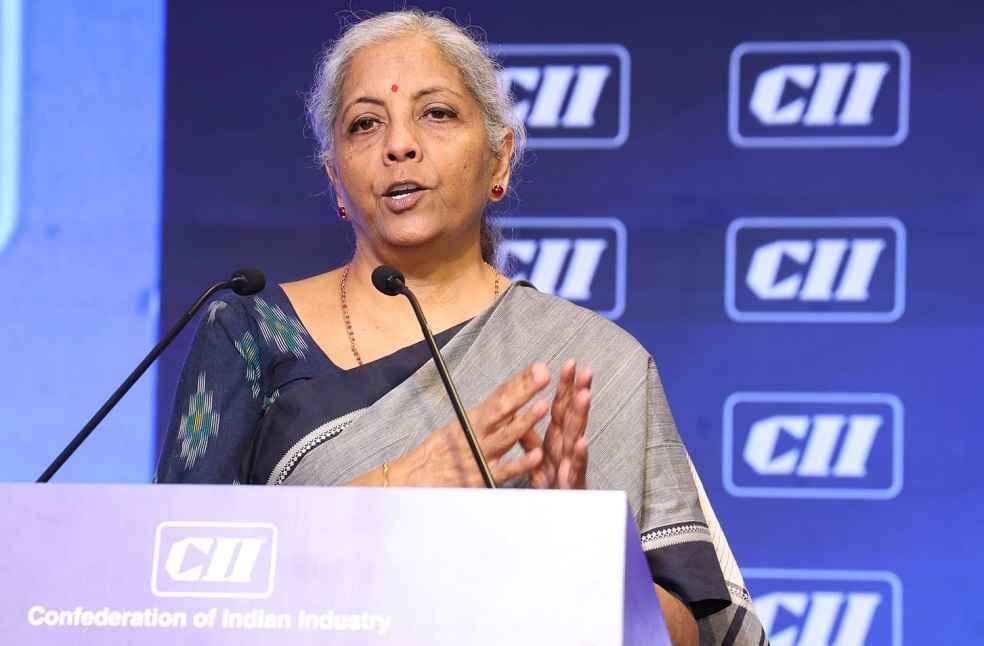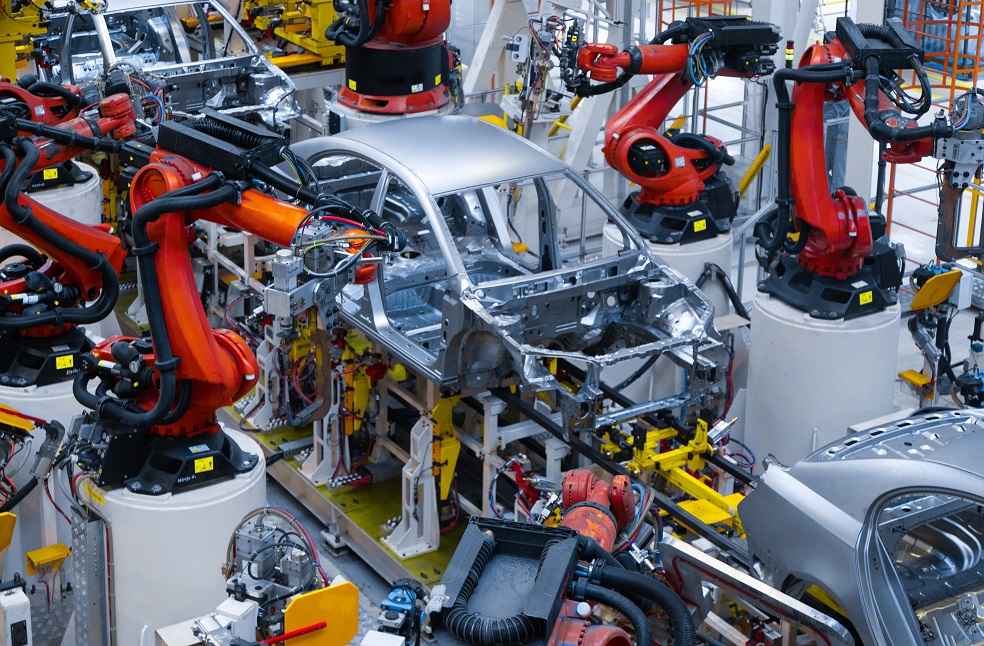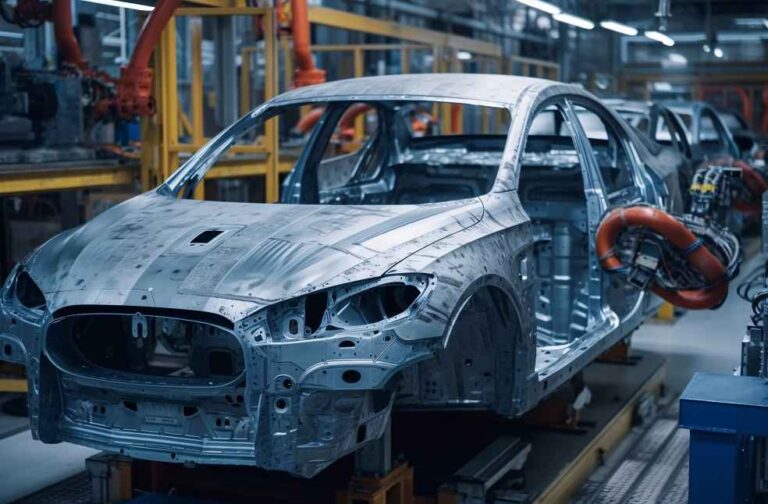Finance Minister Nirmala Sitharaman presented the Union Budget 2024, marking her seventh budget presentation. This budget is the first for the Modi 3.0 administration and the National Democratic Alliance (NDA) following their victory in the 2024 Lok Sabha elections. The budget includes various measures aimed at different sectors, but the automotive sector, particularly the electric vehicle (EV) sector, has expressed mixed reactions to the proposals.
EV Industry Challenges and FAME III
The electric vehicle industry continues to face significant challenges, including high battery costs and inadequate charging infrastructure. The Rs. 500 crore Electric Mobility Promotion Scheme (EMPS), which supports two- and three-wheeler EVs, is set to expire on July 31, 2024. This expiration raises concerns about the continuity of support for the growing EV market.
Industry Leaders’ Concerns
Industry leaders have voiced concerns over the disparity in GST rates between raw materials and finished vehicles. Madhumita Agrawal of Oben Electric and Akash Gupta of Zypp Electric highlighted this issue. Gupta emphasized the need for policy continuity, the inclusion of EV services in priority lending schemes, and a reduction in GST from 18% to 5% to foster growth in the sector.
Budget Proposals
The budget includes several proposals aimed at addressing some of these challenges:
- Exemption from custom duties on lithium, copper, cobalt, and rare earth elements.
- Reduction in basic customs duty (BCD) on two materials.
- Restructuring of GST for hybrid vehicles, which are currently taxed at 43%.
Employment and Skilling Initiatives

In addition to industry-specific measures, the budget introduced initiatives focused on job creation and skill development. A new scheme will facilitate term loans for MSMEs to purchase machinery and equipment without collateral, aiming to boost manufacturing capabilities and employment.
Industry Reactions
Several industry leaders have expressed their views on the budget:
- Vinod Agarwal, President of SIAM: Welcomed the Rs 2.66 lakh crore allocation for rural development and infrastructure, emphasizing its potential to improve connectivity and market access.
- Shradha Suri Marwah, President of ACMA: Praised the focus on sustainable growth and MSME support, highlighting its importance for the automotive component industry.
- Sirajuddin Ali, CEO of Malitra India: Emphasized the importance of enhancing road connectivity with the Rs 26,000 crore fund allocated for this purpose.
- Uday Narang, Chairman of Omega Seiki: Appreciated the exemption of import duties on critical minerals, which is expected to reduce battery manufacturing costs significantly.
- Ravi Machani, Managing Director of Tresa Motors: Highlighted the focus on upskilling programs and industry-education collaboration, which are crucial for the future of the automotive industry.
- Anupam Kumar, CEO of MiniMines: Noted the impact of customs duty exemptions on boosting domestic processing of critical minerals.
- Akshit Bansal, CEO of Statiq: Emphasized the waiver of import duties on key minerals for lowering EV battery costs.
- Kunal Gupta, CEO of EMotorad: Appreciated the government support through customs duty exemptions and collateral-free loans for MSMEs.
- Rajeev Chaba, President of JSW MG Motor India: Highlighted the importance of the import duty waiver for critical minerals.
- Mahesh Babu, CEO of SWITCH Mobility: Underscored the budget’s impact on reducing battery production costs.
- Rajeev Kapur, Managing Director of Steelbird: Noted the budget’s support for the helmet sector through MSME credit schemes.
- Vikram Handa, Managing Director of Epsilon Group: Pointed out benefits for the battery sector from customs duty exemptions.
- Bharath Rao, CEO of Emobi: Emphasized the impact of import duty waivers on battery manufacturing costs.
- Vaibhav Kaushik, CEO of Nawgati: Expressed enthusiasm for the abolition of the angel tax for all investors.
- Aakash Minda, Managing Director of Minda Corporation: Praised the budget’s progressive framework and support for the automotive sector.
Other Measures

The budget also includes several other measures aimed at boosting the automotive sector and related industries:
- New subsidies on the Vehicle Scrapping Policy.
- Exemption of customs duty on 25 critical minerals.
- Withdrawal of the 2% equalization levy on e-transactions.
- Extension of concessional customs duty on Li-Ion cells until March 2026.
- Abolition of the angel tax for all classes of investors.
- Establishment of new dedicated e-commerce export hubs.
- Boost in the production-linked incentive scheme for automobiles and auto components.
These proposals highlight the key aspects and industry reactions to the Union Budget 2024’s impact on the automobile and EV industry, reflecting both optimism and the need for further policy adjustments to address ongoing challenges.
MOST READ | Top 10 Challenges Shaping the Future of the Automotive Industry





